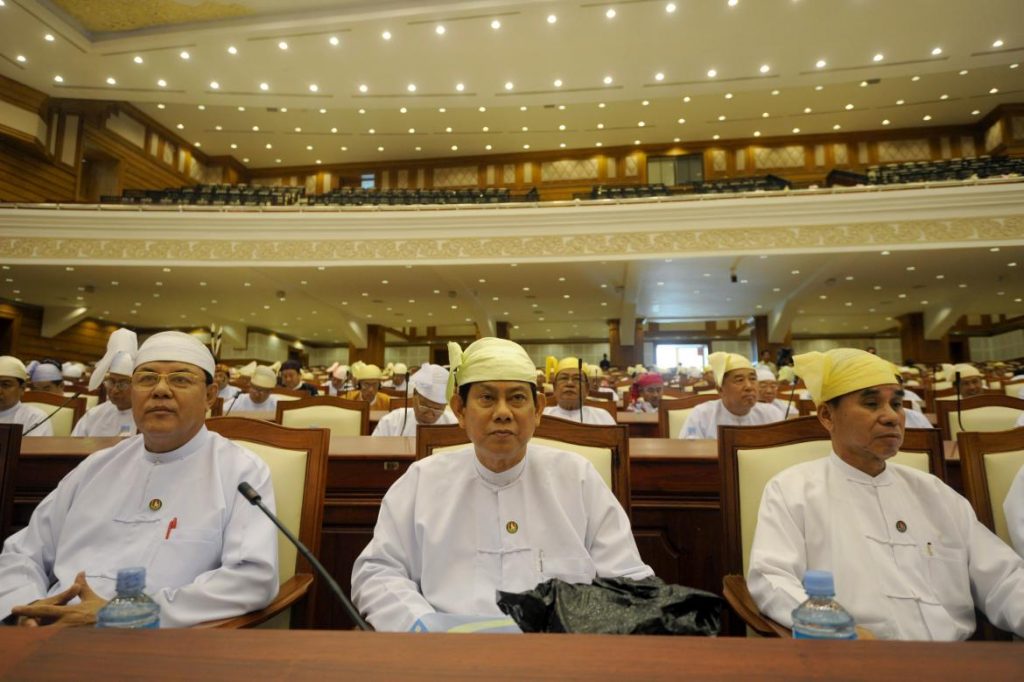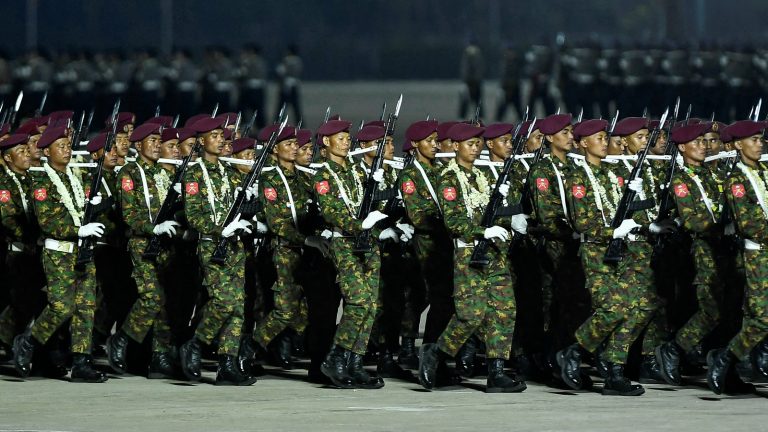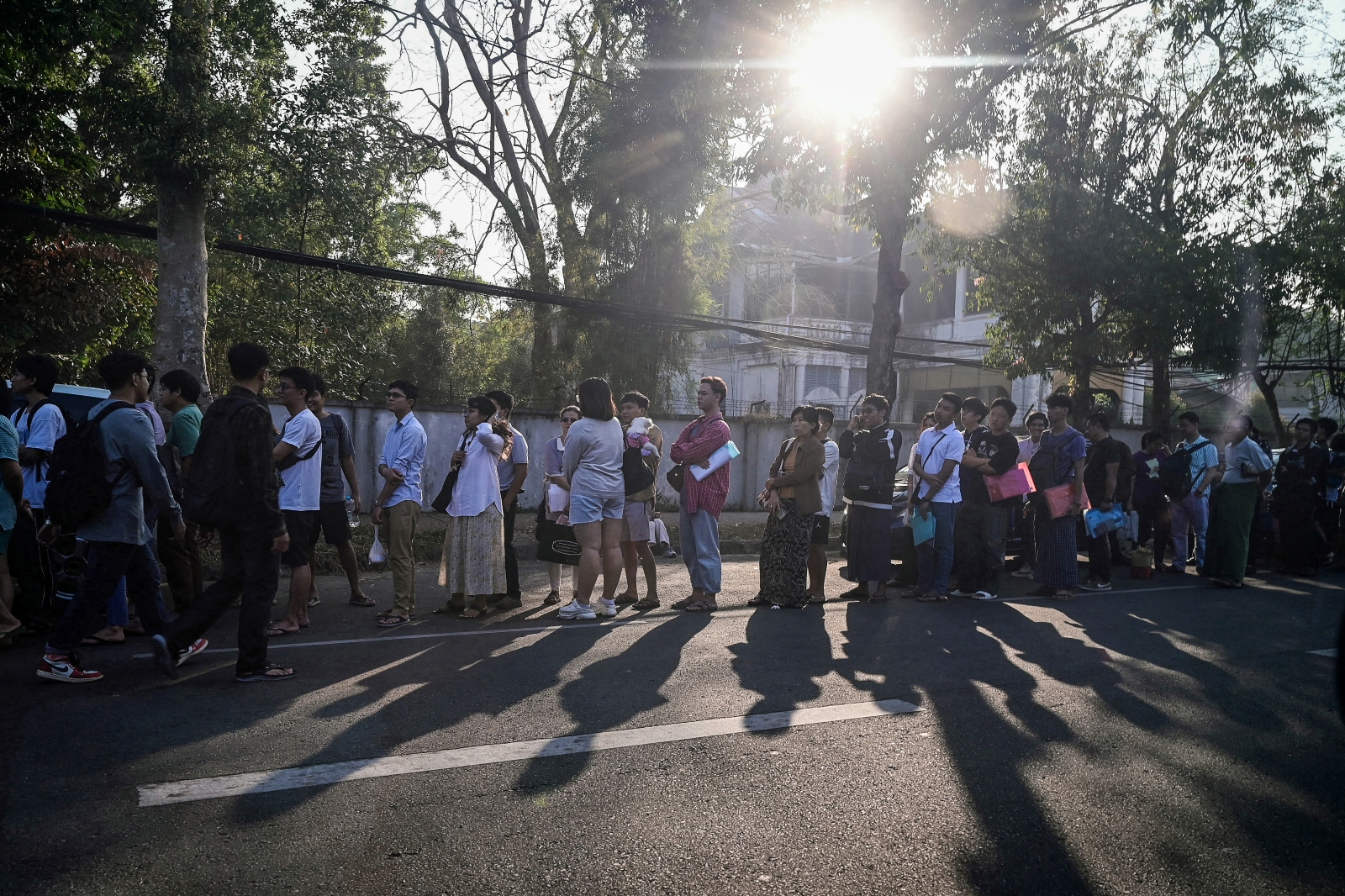At the very least, the first term of Myanmar’s parliament exceeded the low expectations it laboured under.
There was little enthusiasm about prospects for reform when the Union parliament convened for the first time in January 2011. The Burma Campaign UK derided the assembly as the preserve of “soldiers, ex-soldiers, pro-regime parties, corrupt businessmen and stooges” and noted that the junta-drafted 2008 Constitution reserved many of the usual powers of parliamentary democracy for the military leadership. After decades of authoritarian rule, many also doubted whether the military would be willing to cede real power to democratic institutions, other than what was necessary to create a façade of representative government.
Five years on, suspicions linger about the military but it is clear that the legislature has greatly exceeded the low expectations it laboured under. The committee system has thrived, the two hluttaws hosted reasoned debate, MPs consulted a broad range of civil society and other groups and, for the most part, comported themselves with dignity and in deference to the arcane traditions of parliamentary forums. Although the constitution is overwhelmingly weighted towards the president, and grants undemocratic reserve powers to the Tatmadaw commander-in-chief, the last five years have demonstrated that the parliament has the ability to function as a constitutional check on executive authority.
The reasons why the parliament asserted its own prerogatives will long be the subject of debate. One reason was undoubtedly the intense rivalry between President U Thein Sein and former Union parliament Speaker Thura U Shwe Mann, after the latter was passed over for the top job by order of former junta leader U Than Shwe. Thura U Shwe Mann’s barely concealed ambition to become head of state, which led ultimately to his ouster as chairman of the Union Solidarity and Development Party, compelled him to cultivate a power base in the party’s parliamentary ranks. The result was a situation in which the USDP’s overwhelming parliamentary majority, buttressed by the 25 percent of seats reserved under the constitution for the military, refused to be a rubber stamp for the government’s agenda.
It is reasonable to be cynical about this, but not without remembering that factionalism, backroom alliances and power plays are the sine qua non of parliamentary politics the world over. To paraphrase Bismarck’s immortal words, no one with a squeamish temperament should watch how laws and sausages are made. Thura U Shwe Mann’s legacy will be debated in the years ahead, but recent events suggest he deserves at least some share of the credit for strengthening the parliament’s review functions.
A cardinal principle of representative democracy is that any citizen should be able to gaze onto the floor of their parliament and see someone like them. As MPs-elect assumed their seats in Nay Pyi Taw on February 1, there were more women and more young faces (though fewer members of ethnic minorities) than in the previous parliament, and each of them will be custodians of an institution that is showing much greater promise than when it was first conceived.
Support more independent journalism like this. Sign up to be a Frontier member.
Some decisions by the previous parliament were a cause of concern. The passage of the four so-called “race and religion” laws, a legislative package that blatantly curtails the rights of the Muslim community, was a reminder than a strong parliament is no hindrance to laws that violate fundamental human rights. Lawmakers in Myanmar, as in many other countries, are regularly tempted to sacrifice principle for electoral advantage – but many other countries also have an independent judiciary to temper such excesses.
Fostering an independent judiciary will require, as a preliminary step, constitutional amendments to make the Supreme Court less beholden to the government. Such a move, like other badly-needed reforms, is years away and will depend on the assent of the military for as long as its parliamentary appointees continue to wield a veto over constitutional amendments.
Some encouragement can be taken from the outgoing parliament’s rejection in its final days of a dubiously-timed attempt to transfer responsibility for immigration to the military-controlled Ministry of Home Affairs.
Perhaps the next Tatmadaw commander-in-chief will acknowledge the public appetite – as powerfully demonstrated by the NLD’s crushing victory – for a less militarised government. Few will be holding their breath.







